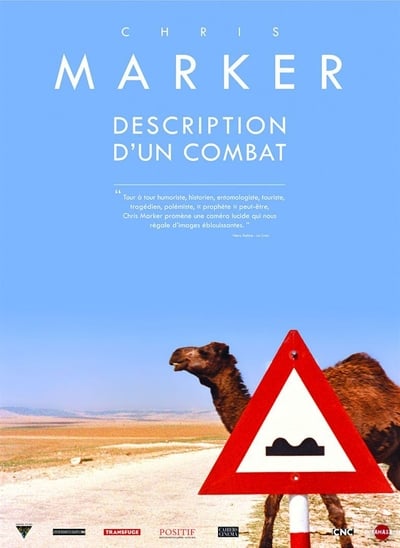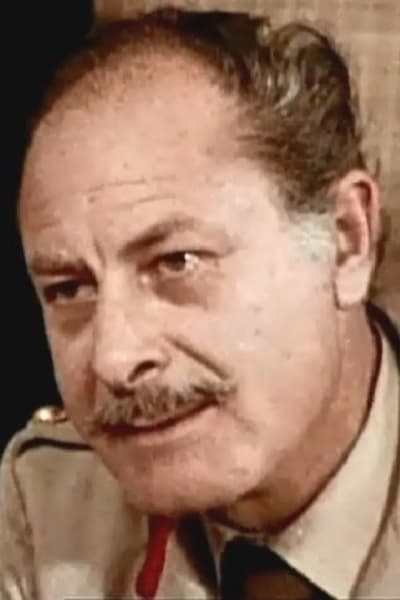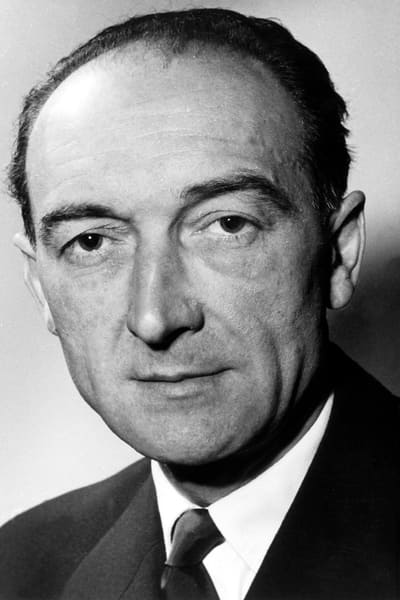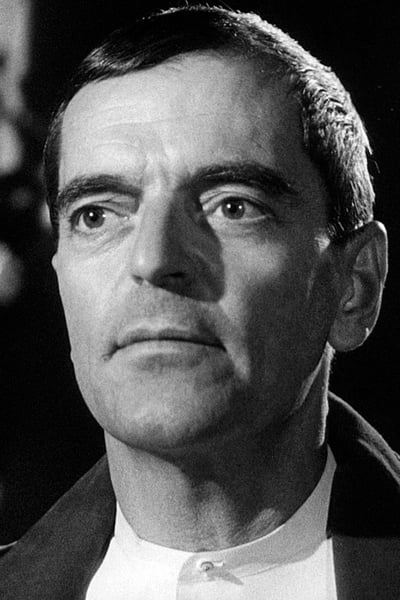
Description of a Struggle
1960
1h 0min
Chris Marker’s documentary portrays Israel twelve years after its founding, blending location and archival footage to explore its diverse communities—from kibbutzim and Arab villages to Orthodox quarters and tourist sites. The “struggle” of the title reflects the nation’s search for identity in a rapidly changing region.

Storyline
Chris Marker’s documentary portrays Israel twelve years after its founding, blending location and archival footage to explore its diverse communities—from kibbutzim and Arab villages to Orthodox quarters and tourist sites. The “struggle” of the title reflects the nation’s search for identity in a rapidly changing region.
Released
30 June 1960
Runtime
1h 0min
Director
Genre
Status
Released
Language
French
Production
Sophac, Van Leer Productions
Cast
Might be interested

Three Cheers for the Whale
7.2
Red
5.8

64: Part 2
7.6

Scooby-Doo! Mecha Mutt Menace
8.5

Rosalie Goes Shopping
5.7

Red
5.6

XMAS
7.6
RED
5.7

NJPW G1 Climax 33: Day 16
7.4

Scooby-Doo! Winter WonderDog
9.1

Film
7.8

Siempre la duda
8.2

Fun
5.5

Groot's Pursuit
7.113
Pain
5.5
Pain
5.6

Pain
5.5

Leopard Fight Club
7.5

Naruto OVA 10: Uchiha Madara vs Senju Hashirama
6.5

The Naughty List
8.4




